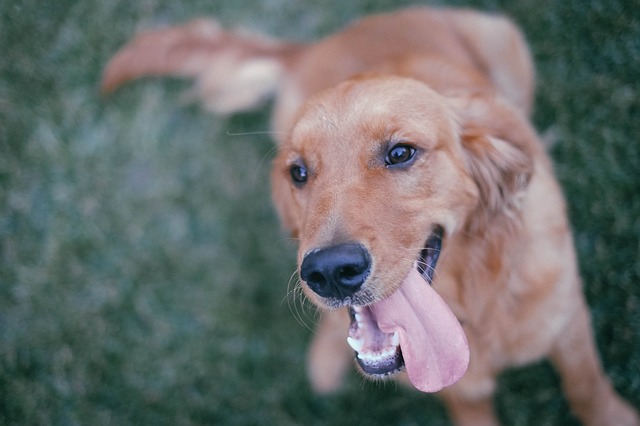Deciding to neuter your pet – to have your dog castrated, or bitch spayed, is a big decision, and we have to consider various potential benefits as well as risks of the surgery, in order to help you make the right choice for you and your dog.
One common question about neutering is – “will it affect my dog’s personality?”
So, first let’s talk about some of the physical effects of neutering:
When a vet performs a neutering procedure, they remove the organs from the body which are responsible for producing most of the sex hormones – like testosterone and oestrogen. Over time in a neutered pet, the amount of these sex hormones will drop to a low and steady level. In an un-neutered pet, these hormone levels will change over time, and will generally be much higher.
It is possible that neutering may affect parts of a bitch’s personality because of these hormones. The normal cycle for a bitch means that each season is followed by a “false pregnancy” where the body behaves as if it is pregnant, even when it’s not. These false pregnancies can in some animals make a bitch nervous or anxious, she may try to build nests or even adopt “surrogate” puppies like stuffed toys and carry them around, or try to protect them. It can be quite stressful for her and for you. If you neuter a bitch, you prevent these false pregnancies from occurring.
Personality in animals is a fascinating topic, we all know our own pets – some might be confident and friendly almost extraverted, some might be a little shyer and reserved. Recognizing our pet’s personality is really us reading their behaviours – their actions and reactions to different situations or triggers.
We often think that hormones drive both human and animal behaviour – but this isn’t the whole story. Behaviours – such as cocking a leg to pee – can be driven by hormones, but they can also be learned, and in some cases, they may start out as hormone driven but they become learned after a period of time. So in this example, cocking a leg to pee is typically thought of as a dog thing – something males do which is driven by testosterone. However, it can also be a behaviour which dogs use to demonstrate their confidence or dominance, and it can be learned – there are some perfectly normal bitches who will also cock their leg to pee because they learned to!
Other things can also affect our pets’ behaviours, like their genetics (think of Border Collies who without having ever met a sheep, or had any training, will sometimes show “herding” type behaviours), and environmental factors.
Sometimes vets are asked if neutering a pet will “fix” a problem behaviour – and you can see now why this isn’t a guaranteed solution – removing the hormones might not stop the behaviour. But in some cases, owners do find it that it does seem to help.
Problem behaviours are usually one of two areas – they can be anxiety related, or aggression related. Aggression related behaviours can range from growling, guarding food or toys, attempts to bite, or biting.
A study in 2018 of over 13,000 dogs across America found that neutering, at any age, didn’t affect the likelihood of a dog showing aggressive behaviour towards humans or dogs who they already know.
So to summarise – behaviour is how we see our pets’ personalities, and is affected by multiple factors. Neutering is likely to change bitches who suffer from false pregnancy behaviour but isn’t a “guaranteed fix” for behavioural “problems”. The current research doesn’t suggest that neutering would make a dog any more likely to show aggression towards dogs or humans they know, than if they were un-neutered.
Personality, behaviour and how it changes in our pets is an interesting and deep subject. If you’re worried about any of your pet’s behaviour, or about the risks and benefits of neutering, please give us a call and our team will be happy to help you.
At Animal Doctors we can recommend a trusted local Canine Behaviourist who we work with to deliver the best possible care for you and your pet

